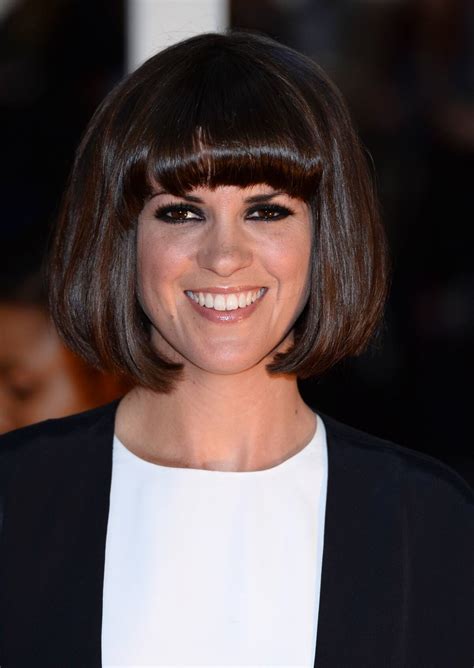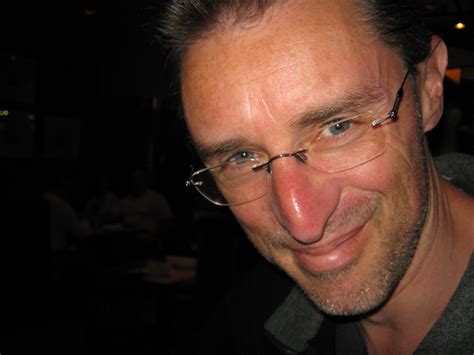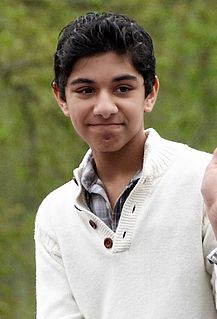A Quote by John Niven
It wasn't until my teenage years that a book really left a mark, and that was George Orwell's 'Nineteen Eighty-Four.' It was on the syllabus at school when I was about 16, and I went on to read more of his books. It was the height of the Cold War, so a lot of the messages really resonated at the time.
Related Quotes
In 'Nineteen Eighty-Four,' protagonist Winston Smith works at a propaganda department for the state called the 'Ministry of Truth,' where inconvenient news can be discarded down a 'memory hole.' Orwell was fixated on the idea that under certain governments, the past can be altered or documents rewritten.
I have learned that my assignment is to write books for people who do not like to read books. I really try to connect with people who are not given to spending a lot of time with an open book. Pay day to me is when somebody comes up to me and says, "I never read books but I read yours." I have a heart for that person.
Of John Le Carre's books, I've only read 'The Spy Who Came In From The Cold,' and I haven't read anything by Graham Greene, but I've heard a great deal about how 'Your Republic Is Calling You' reminded English readers of those two writers. I don't really have any particular interest in Cold War spy novels.


































